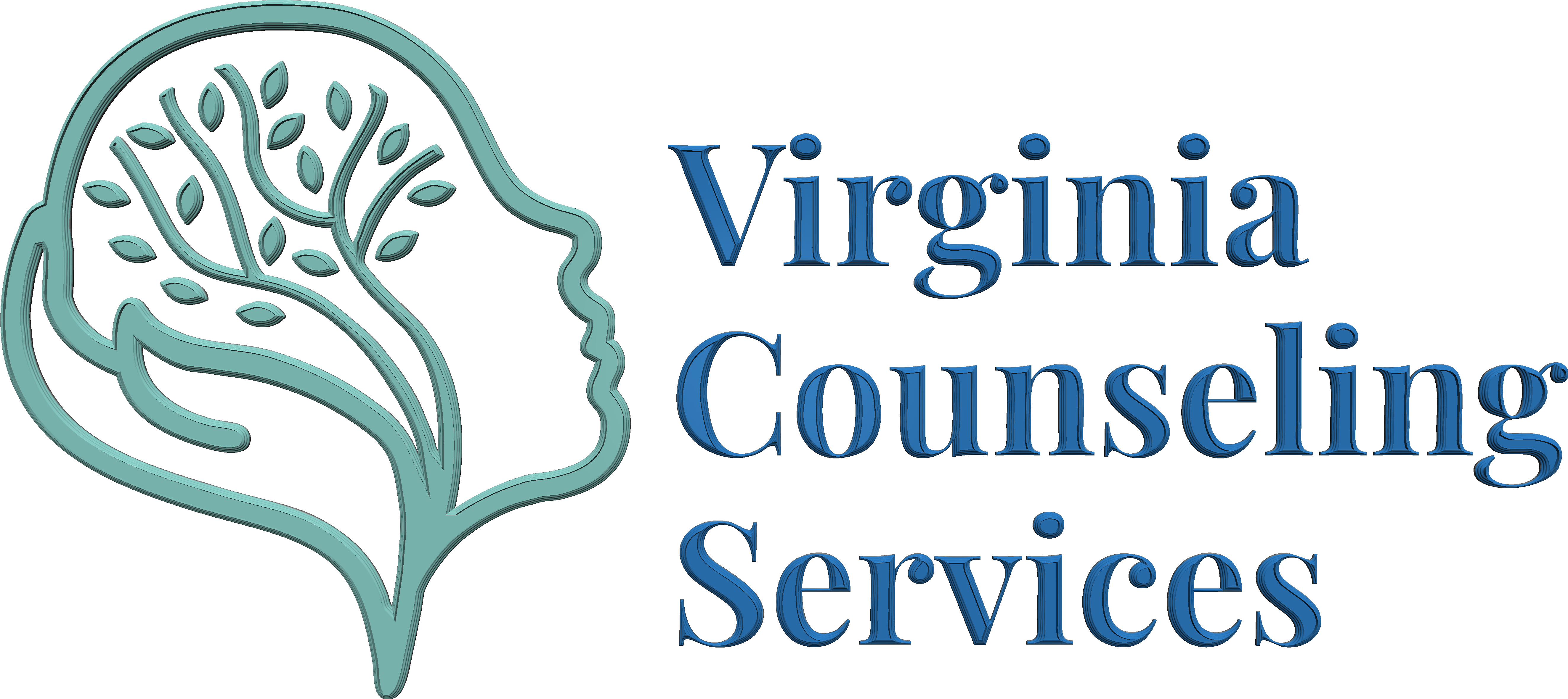Millions of Americans are affected by drug abuse. The National Institute of Drug Abuse (NIDA) estimates that 22 million Americans have used an illicit drug or abused psychotherapeutic medication. Use and dependence lead to a number of problems ranging from family issues to death. The following information can help assess if you or a loved one has a problem with drugs.
What is addiction?
Addiction is a brain disease that is the result of drug. use to the point where a person can not stop using. Most people start using drugs recreationally or because of health problems. When people use drugs, it causes different chemical reactions in the brain and affect a portion of the brain called the Reward System or Pleasure Pathways. This part of the brain is where all pleasurable feelings come from. After repeated use, the brain changes and tolerance forces a person to use more and more for the same positive feelings. With repeated use, discontinuation of the drug results in withdrawal symptoms.
What factors increase risk of drug dependence?
There are numerous factors that increase your risks of becoming dependent on substances, such as:
- Use of substances
- Family history
- Mental health
- Friends that use substances
- Starting to use drugs or alcohol at a young age
These are just some of the factors that contribute to the risks of dependence. Each person is different, but anyone can become addicted to drugs and alcohol regardless of age, social status, ethnicity, or race.
Do I have a drug abuse problem?
Early identification of drug problems can help before its too late. If you or someone you love:
- Tried to control or stop using drugs, but couldn’t
- Have urges or cravings to use
- Try to always have drugs around
- Neglected home/school/work/family responsibilities because of using drugs
- Need more and more of the drugs to get high
- Use to feel normal
- Think you can’t have fun without using
- Overdosed
If you answered yes to any of these, you may have a problem. It is important to contact a professional for help before it is too late!
Call Dr. Nelson at: (202) 630-1765
Use the contact form below to send a message:
